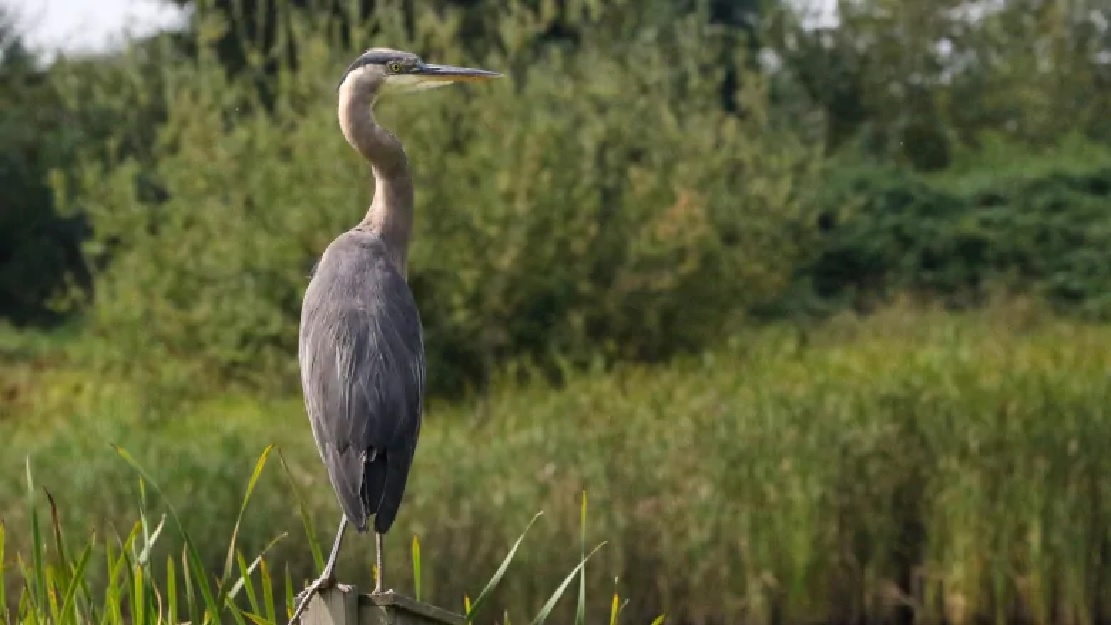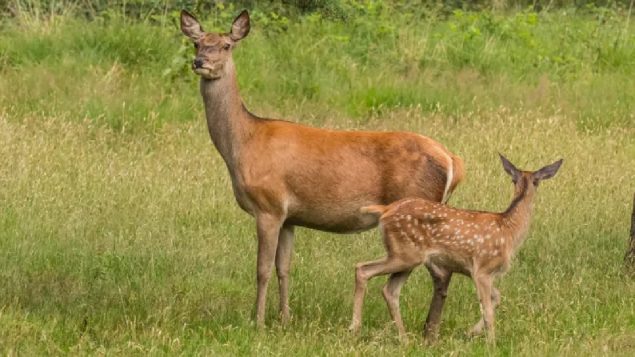One already noticed benefit to this otherwise deadly disease is that of cleaner air because around the world there have been fewer vehicles on the road. As an example, people in India who live up to 160 km from the Himalayas can now see them from their homes for the first time in decades as smog is reduced.
Similar cleaner air examples exist in cities around the world, but another ‘natural’ benefit to a reduction in human activity will be felt by wildlife.
With less human travel, less industrial industry by extraction industries in forested and other areas, less noise generally, less pollution, and simply less human movement, animals are less stressed. This is important in spring. Not only is it a time of migration, but also breeding and birthing time. This is when adults and newborns are at the most vulnerable. With less disturbance comes less stress both for those birds and animals who have adapted to city life, but also in more rural and ‘cottage/cabin’ vacation areas.
Quoted by the Canadian Press, Emily Rondel, the vice-president of the Toronto Ornithological Club noted that birds will benefit in another way as well. With the lights off in many closed office towers there will be fewer night-time collisions and deaths, adding “We also know that there’s less people in green spaces. So that means that during this vulnerable time, birds — when they’re not migrating or flying — hang out and forage and feed without the stress of always having to evade people”.

With less disturbance less energy will be expended on fleeing humans and noise, and more on foraging leading to potentially better breeding and survival (Jean Bergen via CBC)
if there is a more successful breeding rate, and higher survival rate, we may see more birds and wildlife next year.
The downside may be for animals in and near well-known tourist areas which have become largely dependent on human food handouts or garbage. They may become more aggressive due to lack of food, A video from Lopburi Thailand showed hordes of starving monkeys normally fed by tourists, now fighting amongst themselves for scraps of food.
Also with improved air quality, plants are expected to do better, especially in cities, and that may mean insects do better, in turn meaning insect-eating birds do better, while outside cities, animals that live and hunt near the water’s edge may also benefit from less boating and other human water activities.
Reduced traffic also means a reduction in the number of roads deaths, not only of animals but also in this migration period of creatures like turtles, frogs, snakes and others.

With the Hong Kong Zoo on lockdown, these two pandas finally had some privacy, and after ten years, mated. (Ocean Park Zoo handout-AFP)
Another final example occurred in the Ocean Park Zoo in Hong Kong. The zoo has been hoping to get two pandas to mate for the past ten years without success. Now that the zoo has been closed the pandas have been undisturbed by human movement near them. With some privacy now, there was success last week and perhaps a baby panda is on the wary.
additional information-sources
Canadian Press (via Hamilton Spectator): J Chidley-Hill: Apr 15/20: Coronavirus likely a boon for wildlife as humans stay home
EuroNews: V Coste: Mar 30/20: Is wildlife the big beneficiary of COVID-19?
CNN: R Picheta: Apr 9/20: People in India can see the Himalayas as lockdown eases pollution
https://www.cnn.com/travel/article/himalayas-visible-lockdown-india-scli-intl/index.html
BBC: B Barden: Apr 7/20: Pandas mate during lockdown after ten years of trying
https://www.bbc.com/news/newsbeat-52204078
Global: D Goldfinger: Mar 23/20: Will Canadians see more wildlife in backyards (+video of starving Thai monkeys)
https://globalnews.ca/news/6717572/coronavirus-covid-19-canadian-wildlife-self-isolation/







For reasons beyond our control, and for an undetermined period of time, our comment section is now closed. However, our social networks remain open to your contributions.